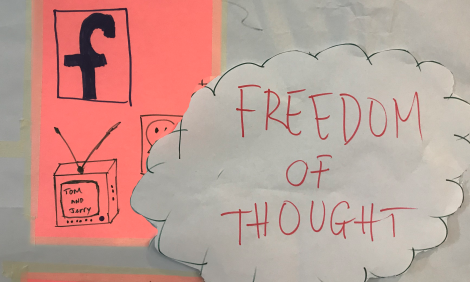
In depth
Interview with Eva Blum-Dumontet, Privacy International
Privacy allows women and members of marginalised communities to create safe spaces of expression and makes available tools that challenge norms that restrict equality, access and control. Bianca Baldo interviews Eva Blum-Dumontet, one of the authors of the recent report from Privacy International on gender and privacy.
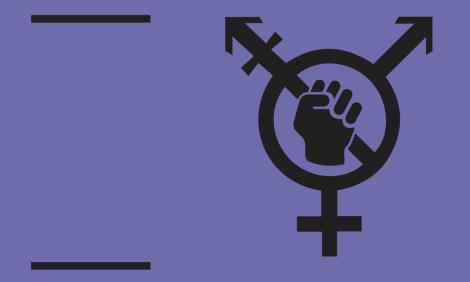
Publication
Gender and Privacy: From Oppression to Liberation: Reclaiming the Right to Privacy
A report that examines the overlapping concerns of gender, privacy, surveillance, and gender-based violence in Asia, Europe, Africa, Latin America, North America. The report raises issues including gender-based violence in the private sphere, rigid gender categories in identity programs its impact on trans people, etc.

Feminist talk
Gendered Reality Traps: How "Objective" Machine Learning Contributes to Intersectional Exploitation
Is technology neutral or is coding political? In this article Smarika Kumar explores how algorithms work in the real world, and how they are a reflection of existing biases and forms of exclusion and discrimination in society.

Feminist talk
Protecting Civil Rights Against Corporate Surveillance In South Korea
Google has been giving access to users' personal information to the US government under its PRISM program. Six activists in South Korea took the tech giant to court demanding they be given access to the information Google holds on them, and won.

Feminist talk
What can digital surveillance teach us about online gender-based violence?
The article argues that digital surveillance is part of gendered and racist disciplinary structures, that manifest in specific forms of online gender-based violence experienced by black Muslim women influencers.
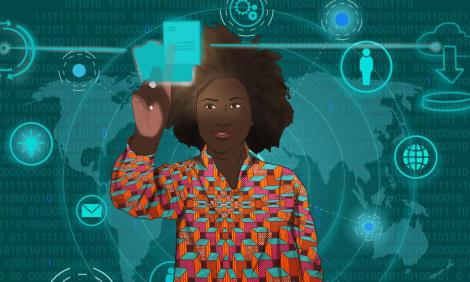
Feminist talk
How feminist research shapes AI, privacy, and data protection discourse
In this second post in a series on artificial intelligence, research in the African context, Chenai shares why she believes that a feminist approach to research around AI is the only way.
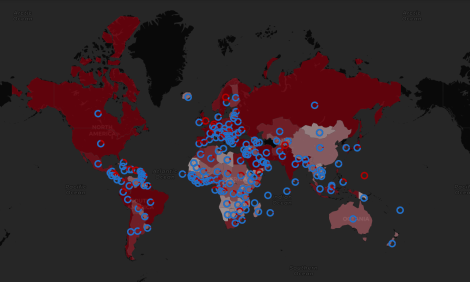
In depth
Data, maps and colonialism in times of pandemic
The practice of mapping began within a month since the first outbreaks of Covid-19 as a means of rapid visualisation, accompanied by the division between those who manage data and those who contribute their personal information, while suffering the consequences of it. Is there a more just approach to information-based aid where people have more autonomy over their data?

Feminist talk
Making privacy a constitutional right: Interview with Y. K. Chang
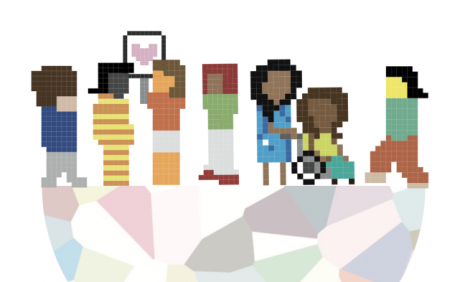
In depth
Sexuality and the internet: Findings from the global survey (2017)
Since 2013 the EROTICS global survey has been carried out three times by APC-WRP to assess and learn about the role of information and communication technologies in the work of its worldwide network of gender and sexuality activists, advocates, professionals and scholars. The survey was particularly designed to reflect about their experiences and responses to online violence and censorship.…
